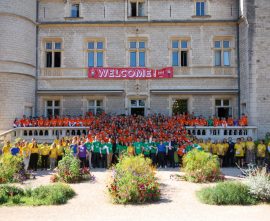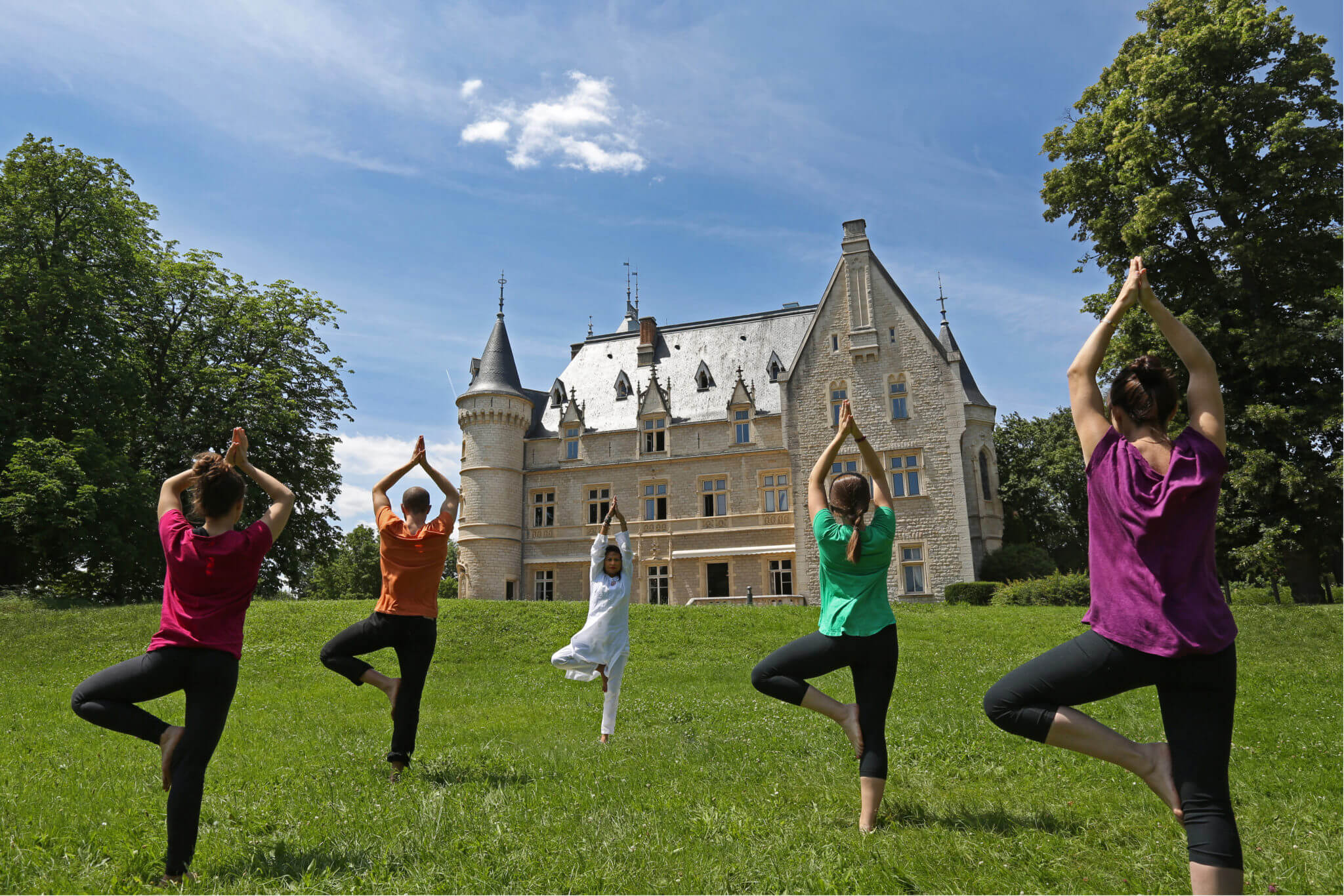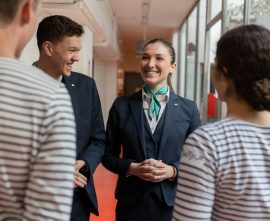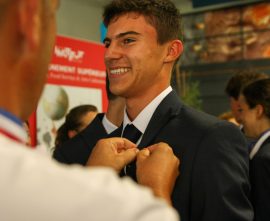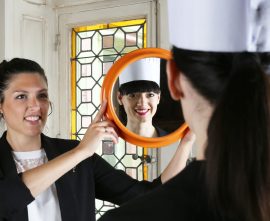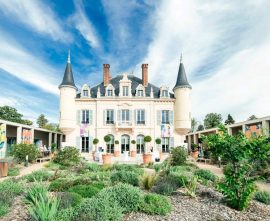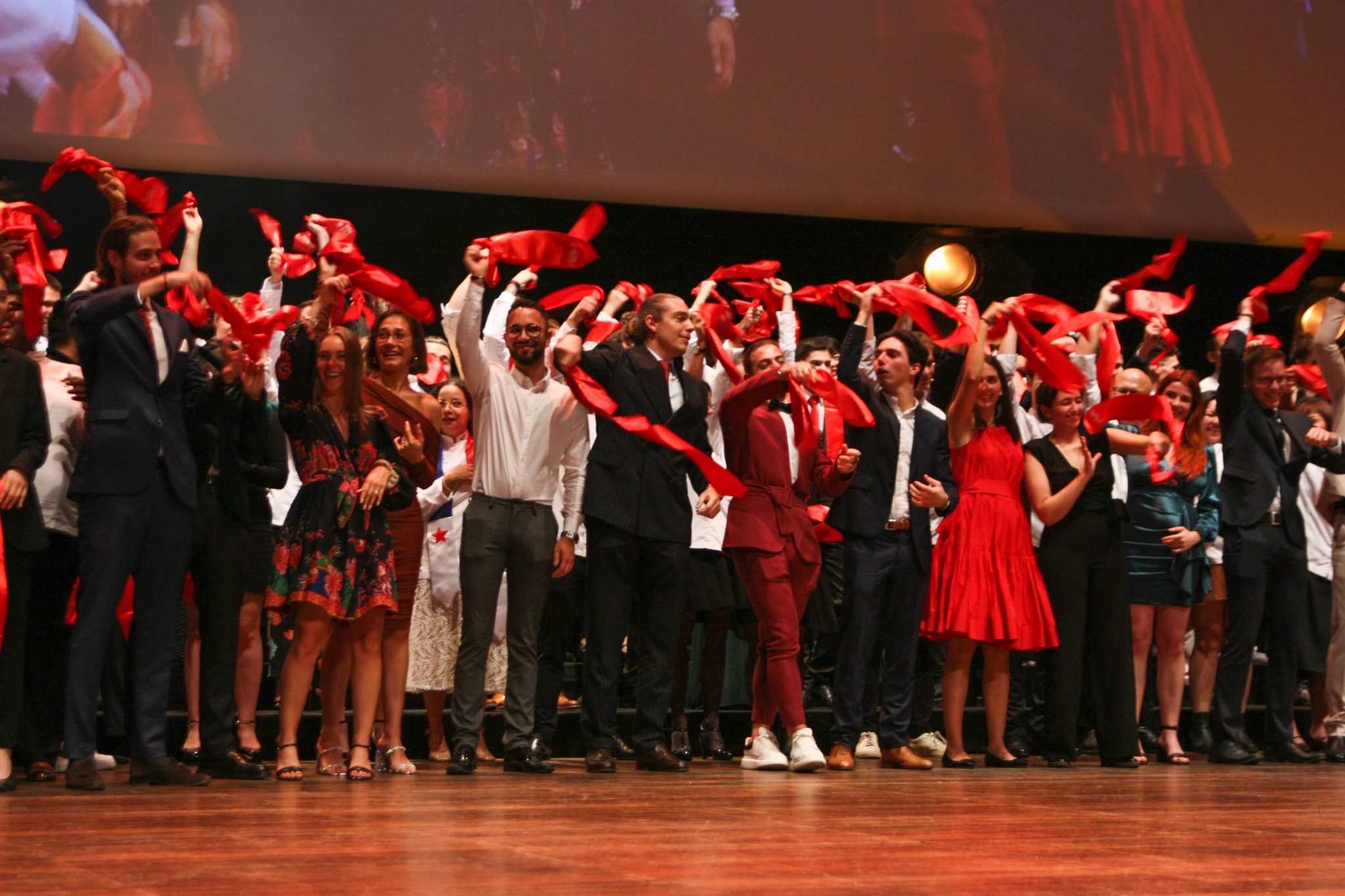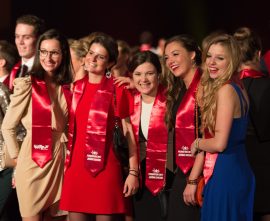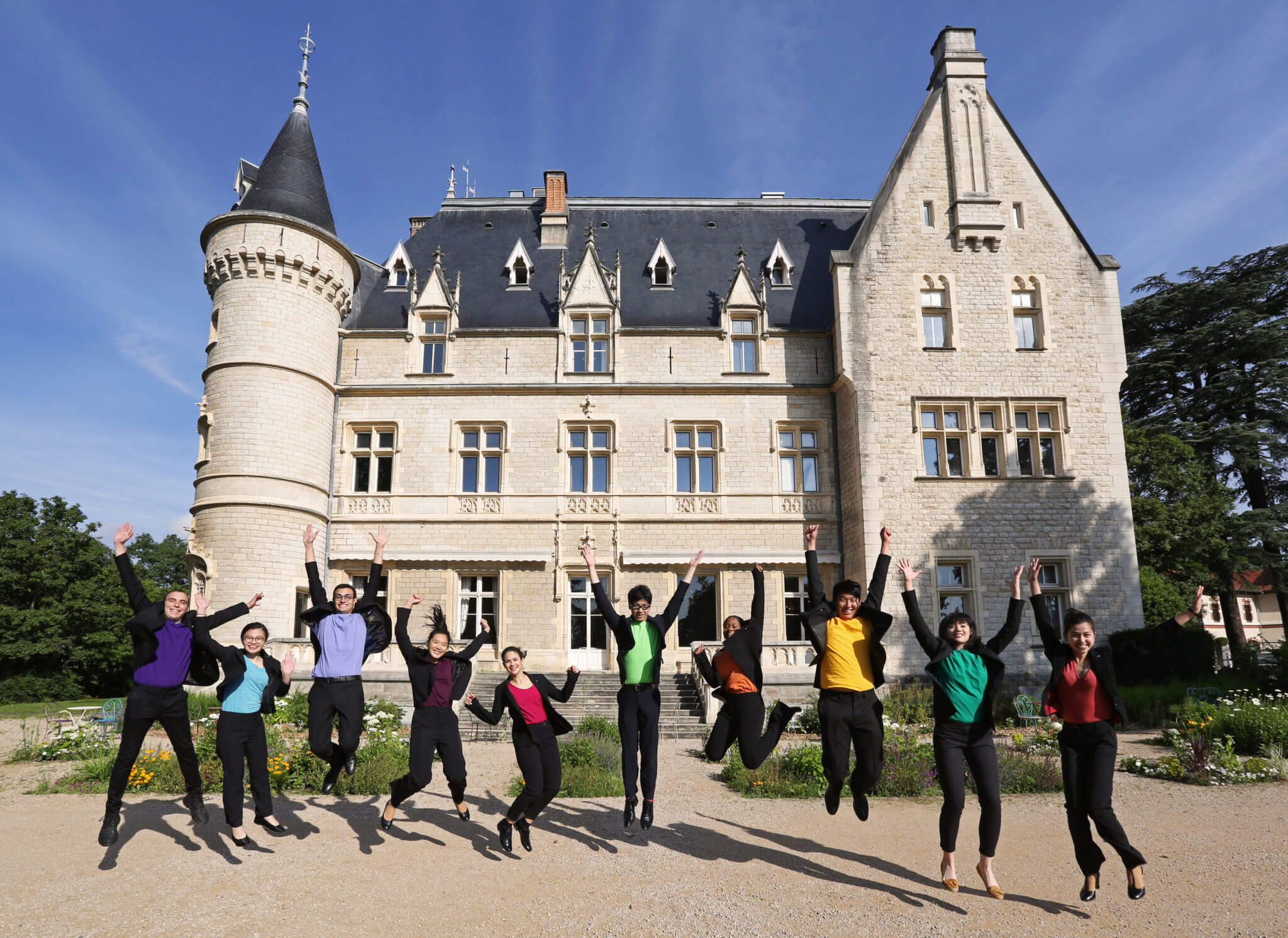Culinary and cultural immersion for our Culinary Arts students
Home News Experiential-based learning
Faire défiler la pageMaud Ravix is currently in Japan as part of her 3rd year in the Bachelor’s in International Culinary Arts Management. To conclude her course at Institut Lyfe, Maud decided to spend several months in the land of the rising sun, choosing the “Cuisine & Culture of Japan” specialisation. Maud tells us about her experience during a semester of culinary and cultural immersion.
A semester in Japan, as told by Maud Ravix
What made you choose the “Cuisine & Culture of Japan” specialisation for your 3rd year?
Japan is a country that has always inspired me, because of the way they live in harmony. It’s a disciplined country full of tranquillity. I wanted to draw inspiration from their values so that I could understand and assimilate them in the best way possible. I also wanted to discover the world, and the reassuring environment of the school allowed me to take the plunge before going off on my own. This multi-faceted training is enriching: we have the opportunity to learn about cookery but also to take part in the culture and the language. I still have many years to gain experience, but this seemed unique.
How did you feel about setting off?
Going away was easier than you’d think: we’re well supported and close-knit, you’re not going alone but with your whole class. The only part that can be stressful is completing the administrative formalities.
What have you learnt from your time in Japan?
Professionally, I’ve learnt a lot: how to cook rice to perfection, how to use seaweed in various dishes, the traditional cutting techniques for fish and vegetables, and how to make tofu.
I was lucky enough to do a 3-week work placement in the world of tea, which taught me a lot. I was able to immerse myself even more in Japanese culture, which is very similar to our French culture, with oenology and the art of wine. Each tea has a particular variety, a specific production method, a precise tasting temperature and a unique flavour profile.
Alongside that, our “capstone” project involves creating a pop-up restaurant: Oryza. This project also allows us to develop as a team: I have the roles of both project leader and manager, and I have to make sure that my fellow students feel comfortable with the project and involved. In our free time and as part of this capstone project, we’ve created a vegetable garden and we’re in charge of cultivating it: this has taught us to be rigorous in our work but also how to work the land.
In addition to cooking classes, we have language and cultural courses (tea-making, flower arranging and karate): these courses help give us an even greater insight into the beauty and complexity of this country.
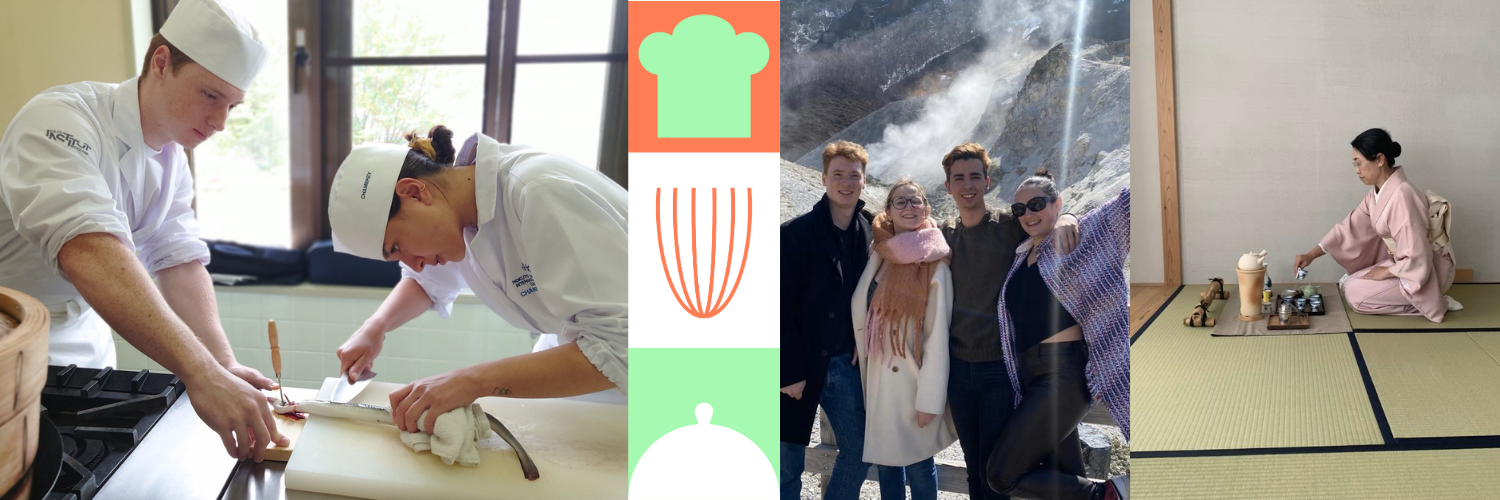
What have you learnt about Japanese culture?
Apart from the culture of tea and Japanese cuisine, we’ve been lucky enough to visit temples and take part in meditation sessions, as well as karate, which has helped us to immerse ourselves fully in the culture.
Self-respect, but above all respect for others, is probably the most impressive thing about Japan: public transport is silent, the streets are clean and the politeness of the Japanese makes for an environment that feels incredibly safe.
What has surprised you most since your arrival?
The most surprising thing is undoubtedly the kindness of the Japanese: they are helpful, curious, polite and pleasant people.
Do you see your professional future in Japan?
I’ve loved these few months in Japan, but I’m thinking of moving to a Scandinavian country in the future. The seven months I spent at the Hokuto Bunka Academy were a unique opportunity to discover a country by living at the heart of its traditions. This experience has enabled all of us to grow and mature, to become more independent and more responsible.
Now it’s time for each of us to do some personal work on what we’ve learnt, what we liked and what was positive, so that we can create our own culinary identity and follow our desired path.
As part of our Bachelor’s in International Culinary Arts Management, and depending on the pathway chosen, students have a choice of several specialisations for their 3rd year: Gastronomic Cuisine; Bistronomic Cuisine; Cuisine & Culture of Japan (French-speaking pathway); Nutrition and Wellness by Institut Michel Guérard*** (French-speaking pathway).
Find out more about our international mobility programme:

